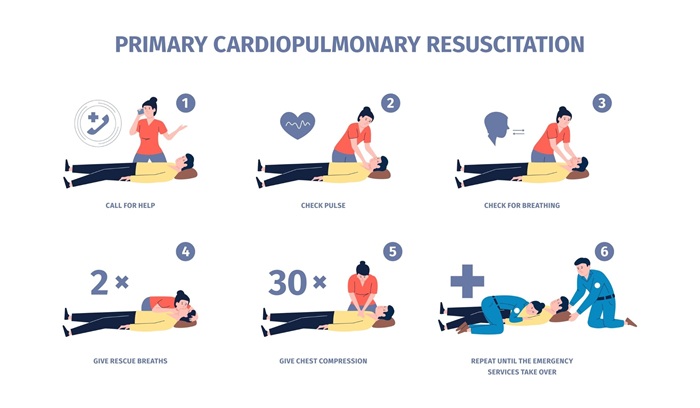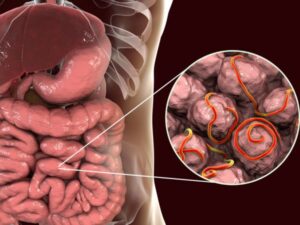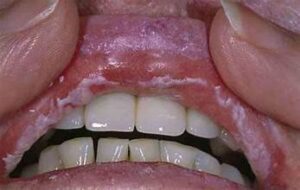STEPS FOR CPR
Steps for Performing CPR (Cardiopulmonary Resuscitation)
Before Starting CPR:
-
Check the Scene: Ensure the area is safe for you and the victim.
-
Check for Responsiveness: Tap the person and shout, “Are you okay?”
-
Call for Help: If the person is unresponsive, call 911 (or ask someone else to call).
-
Check for Breathing: Look, listen, and feel for normal breathing for no more than 10 seconds. If the person is not breathing or only gasping, begin CPR.
Performing CPR:
(For Adults and Children 1 year and older)
1. Chest Compressions (C-A-B Method – Compressions, Airway, Breathing)
-
Place the heel of one hand in the center of the chest (lower half of the breastbone).
-
Put your other hand on top and interlock fingers.
-
Push hard and fast (at least 2 inches deep for adults, 1.5 inches for children).
-
Perform 30 compressions at a rate of 100-120 compressions per minute (same beat as the song “Stayin’ Alive”).
2. Open the Airway
-
Tilt the head back and lift the chin to open the airway.
3. Rescue Breaths
-
Pinch the nose shut and give 2 breaths (each lasting about 1 second).
-
Watch for the chest to rise with each breath.
-
If the chest doesn’t rise, reposition the head and try again.
4. Repeat the Cycle
-
Continue cycles of 30 compressions and 2 breaths until help arrives or the person starts breathing.
CPR for Infants (Under 1 Year Old)
-
Use two fingers for chest compressions (about 1.5 inches deep).
-
Deliver gentler rescue breaths (just enough to make the chest rise).
-
Perform 30 compressions and 2 breaths at the same rate as adult CPR.
Use an AED (If Available):
-
Follow the device’s instructions.
-
If no pulse, continue CPR until medical help arrives.






